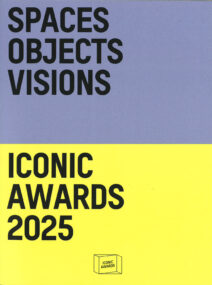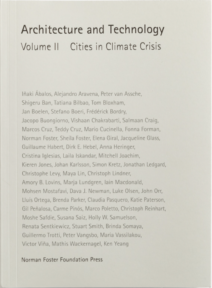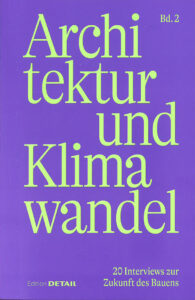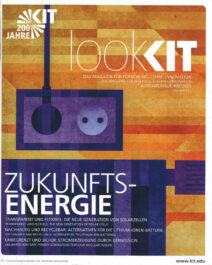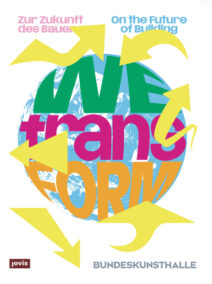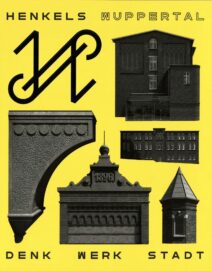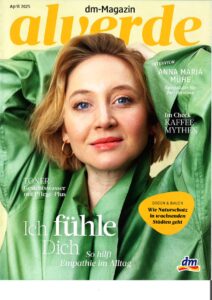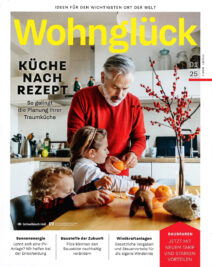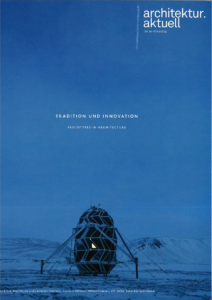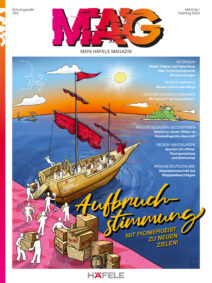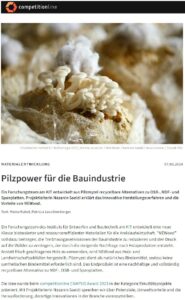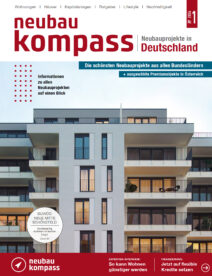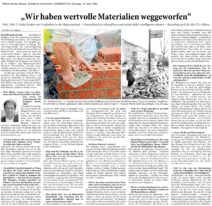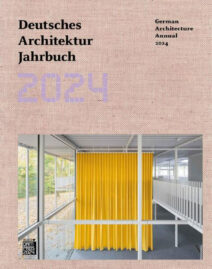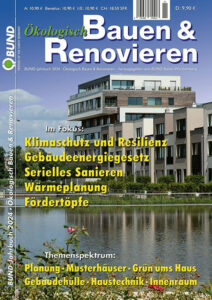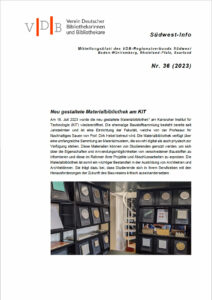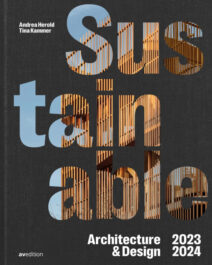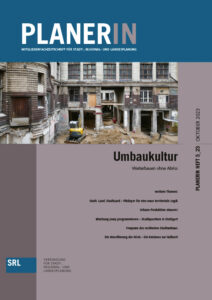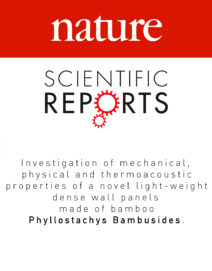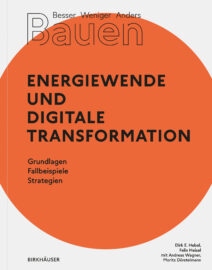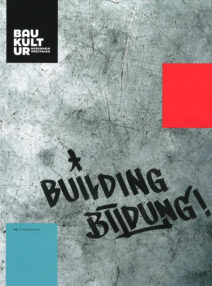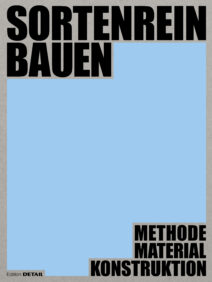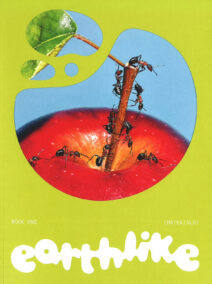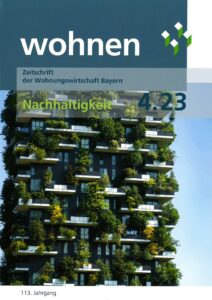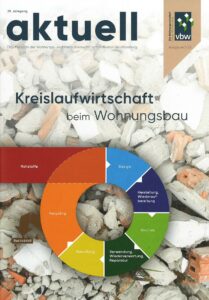Nature Scientific Report: Mycelium-bound Biocomposite – A Sustainable Replacement for Particleboards
Mycelium-bound materials would play a significant role in mitigation of adverse climate change effect imposed by material consumption and resource scarcity. This paper, published by KIT researchers in scientific reports as part Nature publishing group, proposes dense mycelium-based composites (DMCs) as a potential green alternative to traditional particleboards.
Mycelium, as the root of fungi, is composed of filamentous strands of fine hyphae that bind discrete substrate particles into a block material. With advanced processing, dense mycelium-bound composites (DMCs) resembling commercial particleboards can be formed.
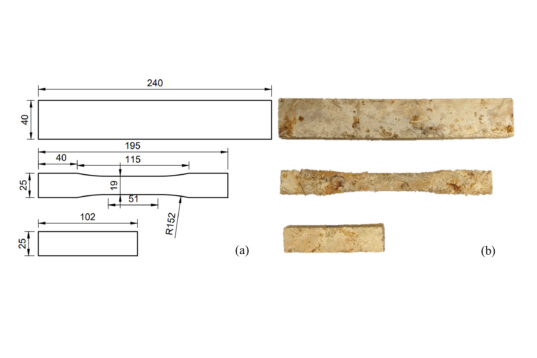
In this paper the research team including Dr. Nazanin Saeidi, Dr. Alireza Javadian, and Prof. Dirk E. Hebel from the chair of Sustainable Construction at KIT, Karlsruhe, Germany in collaboration with Urban Biocycle project at FCL global and Xin Ying Chan and Prof. Manoj Gupta from NUS, Singapore have investigated the possibility of using DMCs as a green alternative to particleboards.
A detailed investigation was carried out on the mechanical properties and performance of DMCs under the working conditions of particleboards. The DMC was made using Ganoderma lucidum mycelium grown on a substrate of sawdust and empty fruit bunch collected from the waste byproducts of Sawmills and Palm oil factories. The DMC was then subjected to weathering under tropical conditions over 35 days and tested under flexural, tensile, and compressive loading with reference to international standards. The results over the weathering period reveal that weathering reduces the strength and rigidity of the material.
However, by application of a commonly used natural oil-based coating DMC was able to withstand degradation under tropical weathering conditions. Furthermore, it was shown that some improvements to the material’s consistency could effectively increase the material strength and resistance to weathering with the help of a protective coating. Therefore, DMC could be a promising material as an environmentally friendly substitute for particleboards if such improvements in material production are made.
More information about the scientific report on nature.com.
